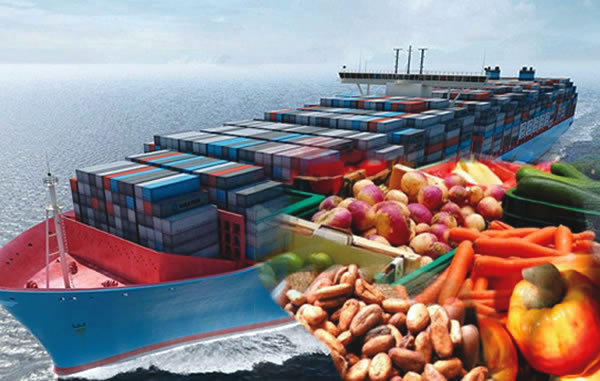Stakeholders in Nigeria’s agricultural sector have expressed strong support for the Federal Government’s launch of the Special Agro-Industrial Processing Zones (SAPZ), describing the initiative as a major step toward food sufficiency, agro-export growth, and wealth creation for farmers.
The first phase of the SAPZ programme was flagged off on Tuesday in Kaduna State. The initiative is backed by a $538 million fund, with $210 million already committed by the African Development Bank. Other partners include the Islamic Development Bank, the International Fund for Agricultural Development, and ARISE Integrated Industrial Platforms.
Speaking on the development, Chairman of the Lagos Chamber of Commerce and Industry (LCCI) Agriculture and Allied Group, Mr. Tunde Banjoko, hailed the project as a timely intervention. He noted that the SAPZ model will bridge the gap between production and processing, especially by placing factories close to farmlands.
“This is a fantastic idea,” Banjoko said. “It will empower farmers and reduce the number of factory shutdowns caused by lack of raw materials. There’ll be enough produce locally to keep the factories running, and over time, this will boost our agro-exports.”
He emphasized that the involvement of both the public and private sectors would ensure sustainability, urging more states to participate and meet their counterpart funding obligations.
Similarly, the President of the All Farmers Association of Nigeria (AFAN), Mr. Kabir Ibrahim, welcomed the programme, calling it a “game-changer for smallholder farmers.” He stressed the need for Nigeria to stop exporting unprocessed agricultural products.
“We’re used to selling our produce in its raw form and not earning much. But this programme will help us add value and earn more,” he said.
Ibrahim also noted that more states have applied to host SAPZs, a development he believes will help farmers reduce transport costs and make the zones more accessible.
He highlighted that the SAPZ will provide its own power supply, a move that could ease the burden of high diesel costs and improve productivity.
“In this zone, the energy problem will be addressed. Farmers and processors won’t have to worry about power anymore,” Ibrahim stated.
He added that the SAPZ initiative mirrors successful models in developed countries like the United States, where clusters of farmers benefit from shared processing and mechanisation.
“With time, farmers will not only be producers but also business owners. Many who are now considered poor will become rich through agribusiness,” he concluded.
